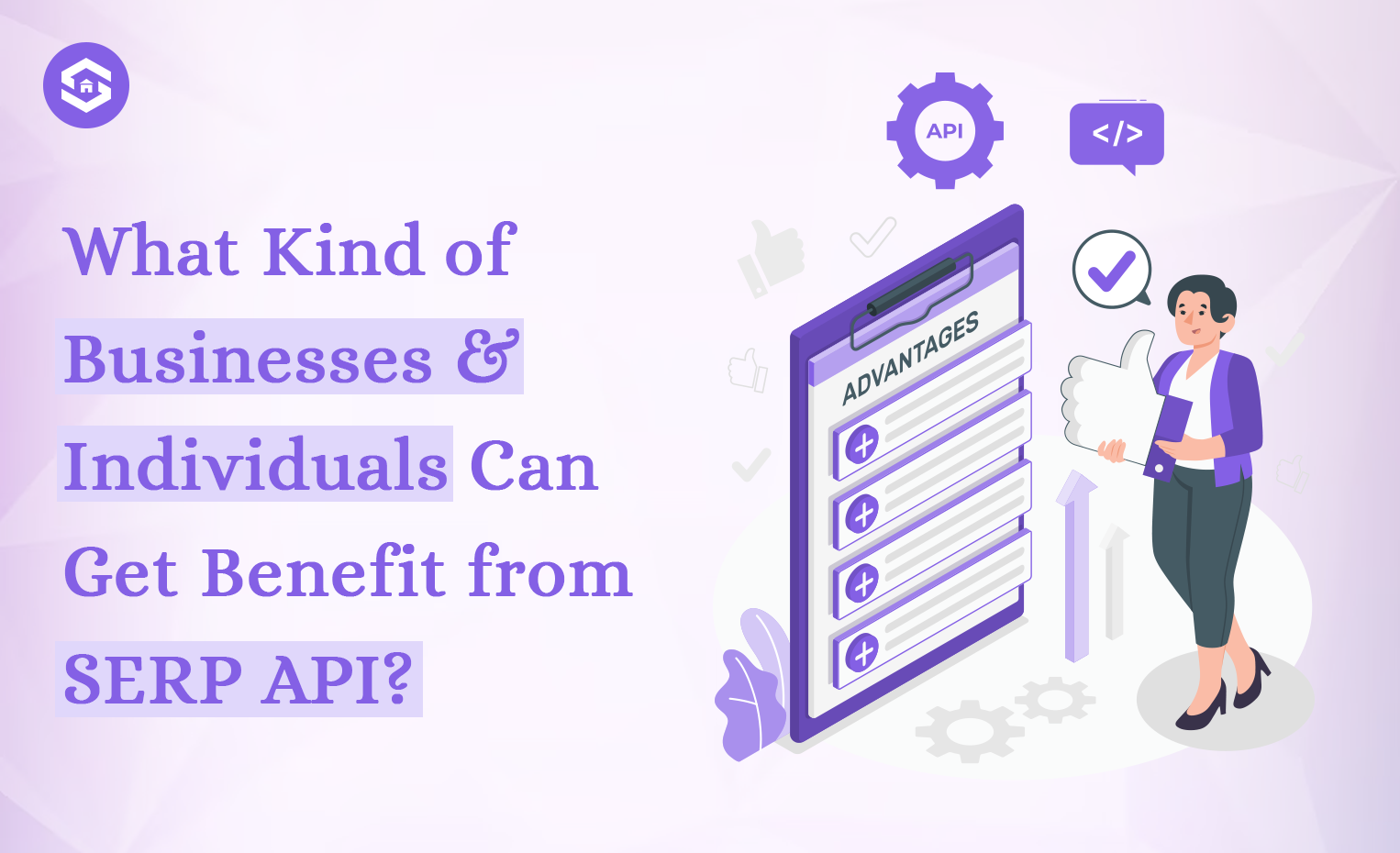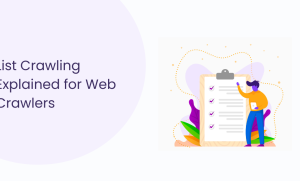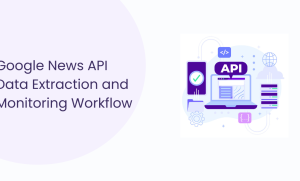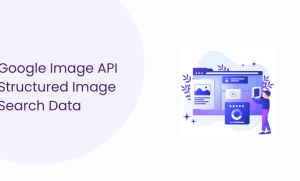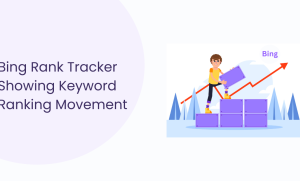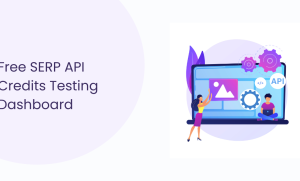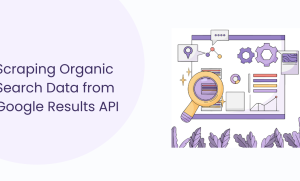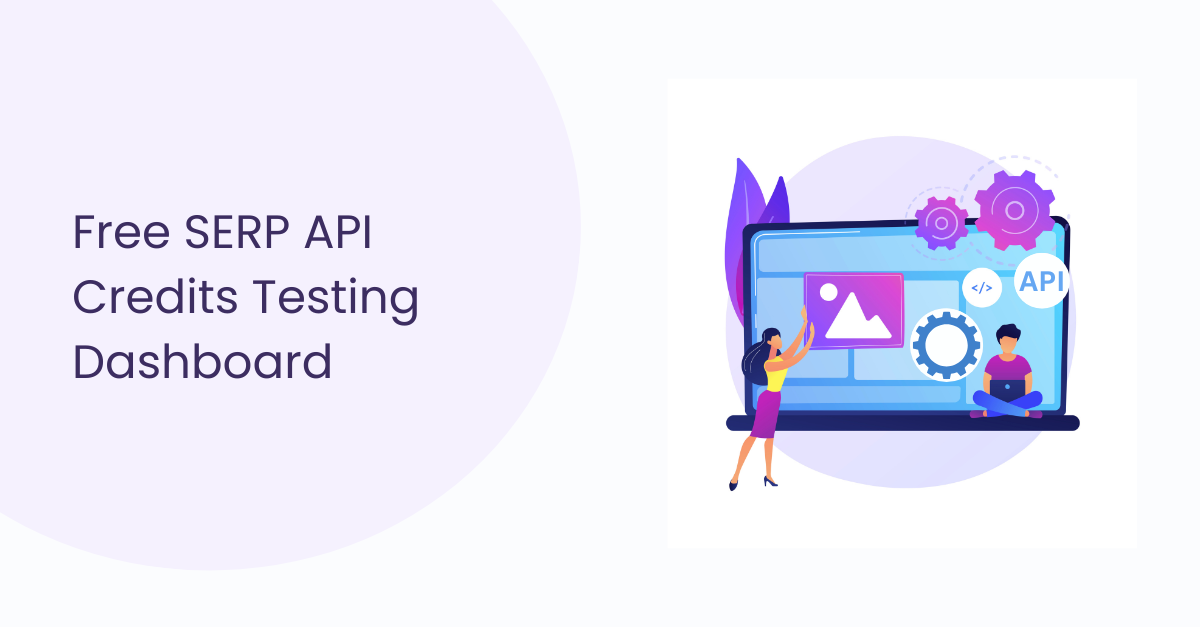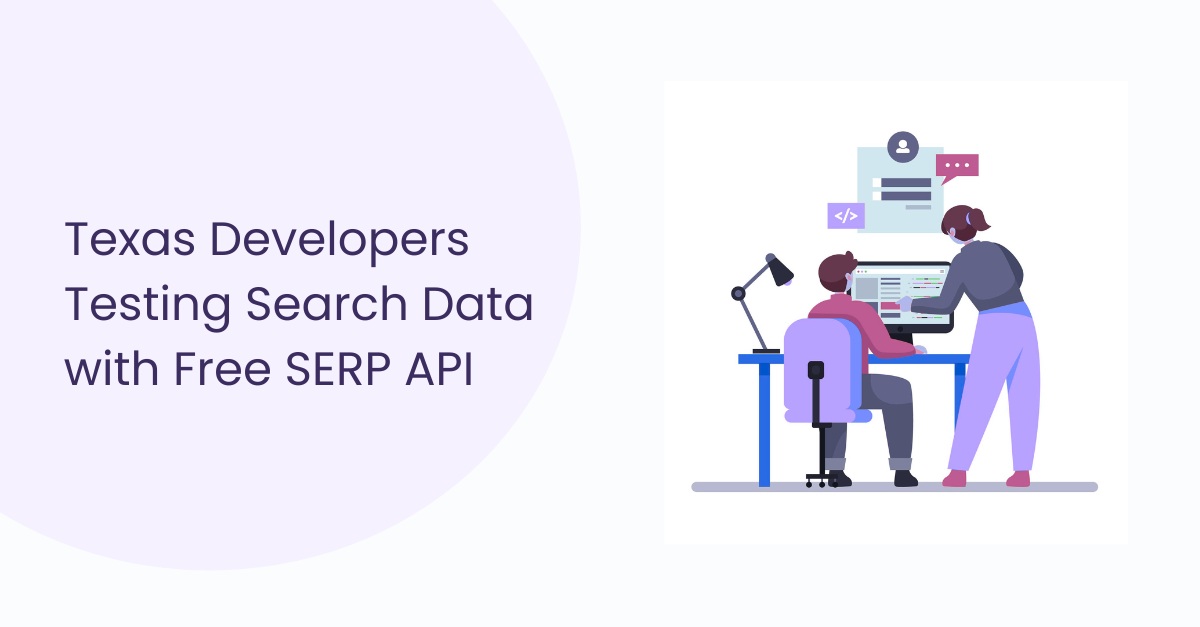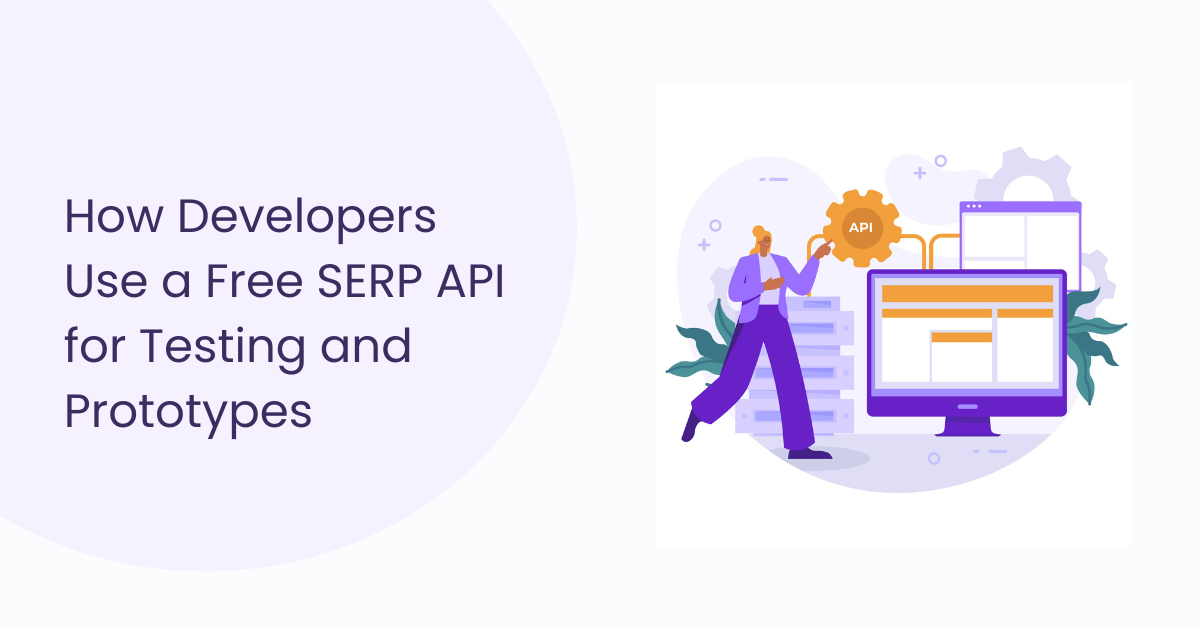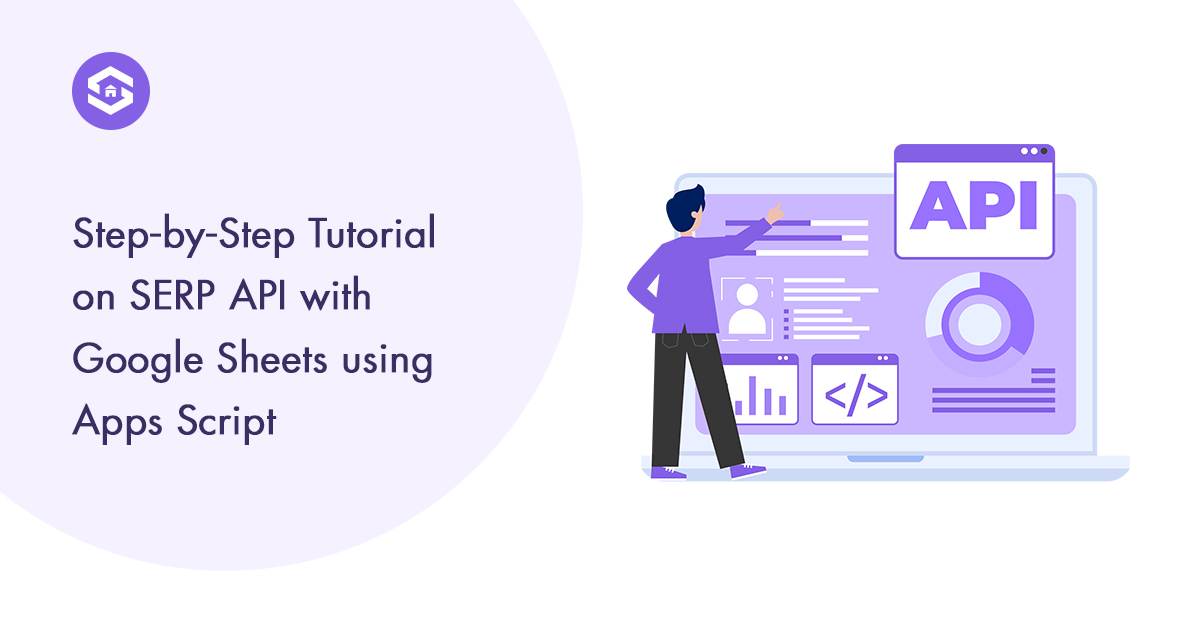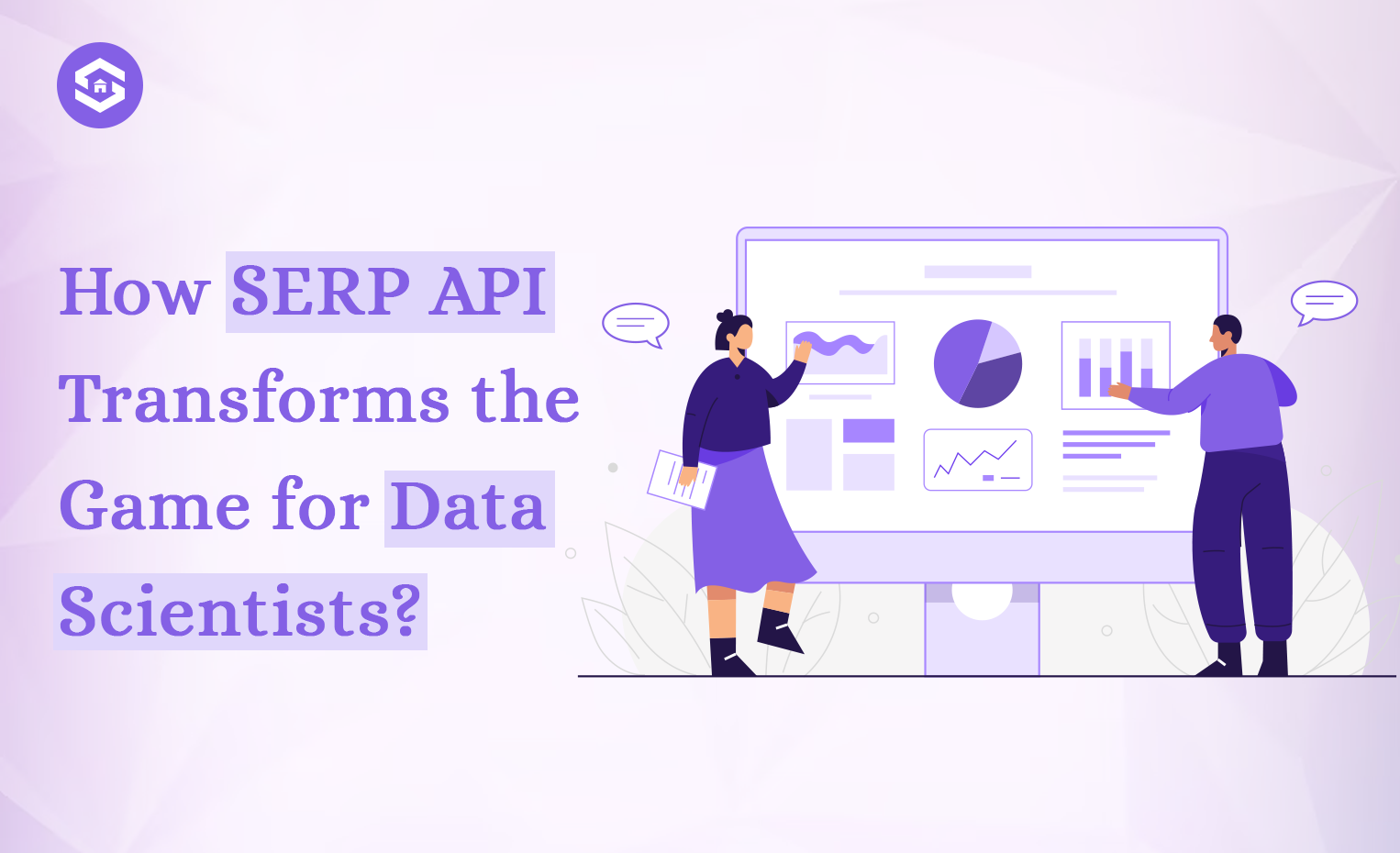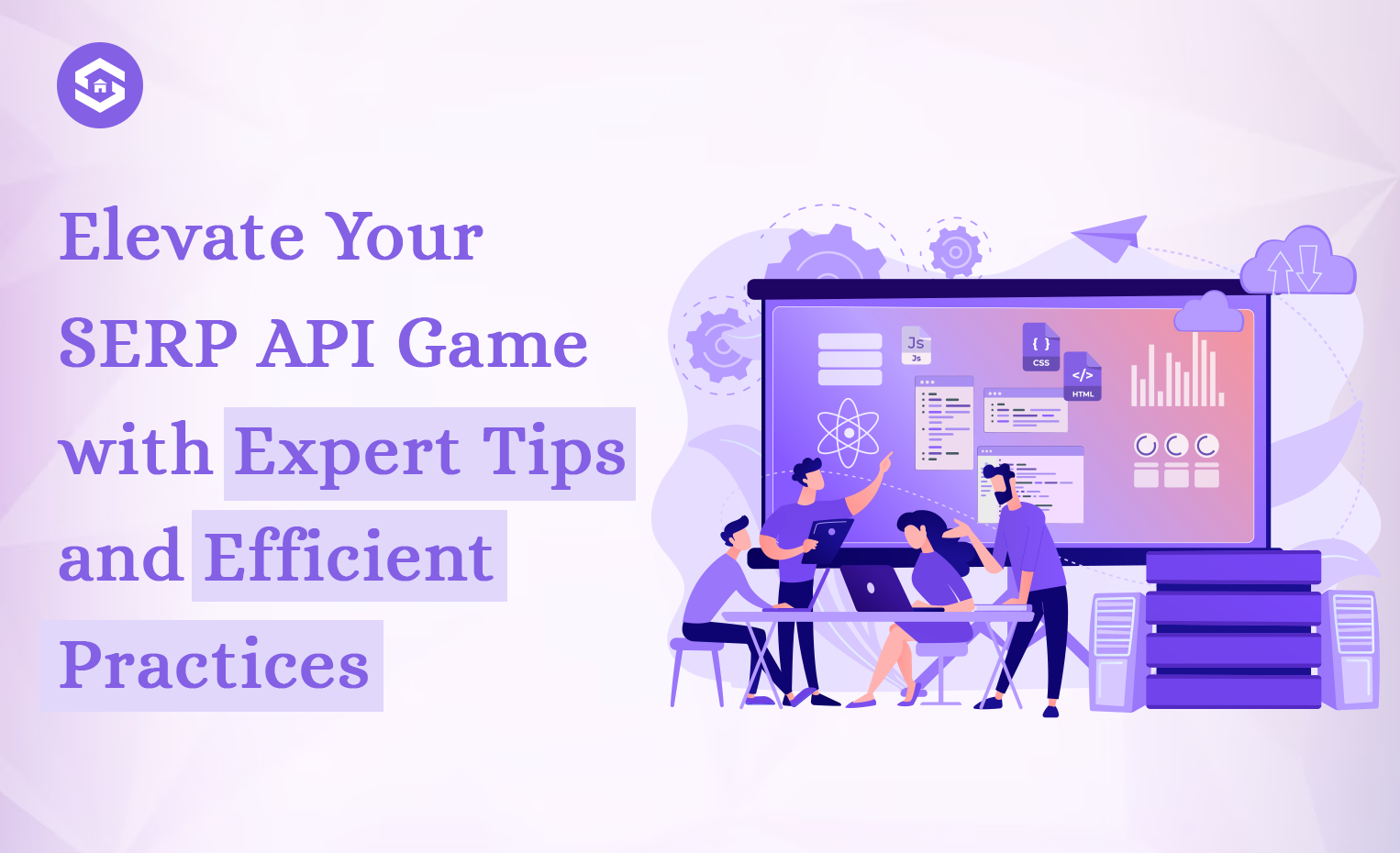Table of Contents
Table of Contents
In today’s digital landscape, where online visibility is paramount, access to accurate and real-time data is the key to success. Understanding SERP API benefits can help you leverage this data effectively.
This is where the SERP API comes into play.
To scrape search engine result pages, API gives accurate results for content creation, SEO professionals, etc.
It’s a versatile tool that offers a wealth of information to many users, helping them make informed decisions and optimize their online presence.
This blog will explore SERP API benefits and how it can be a game-changer for various individuals and businesses.
Benefit or Advantages from SERP API
1. SEO Professional:
Search Engine Optimization (SEO) professionals are among the primary beneficiaries of SERP API. They rely on it to:
Track Keyword Rankings: Monitor how a website’s keywords rank on search engine results pages.
Competitor Analysis: Assess competitors’ websites’ performance and identify improvement opportunities.
Content Optimization: Identify opportunities for optimizing website content based on keyword performance.
Algorithm Updates: Detect changes in search engine algorithms and adjust strategies accordingly.
2. Developers:
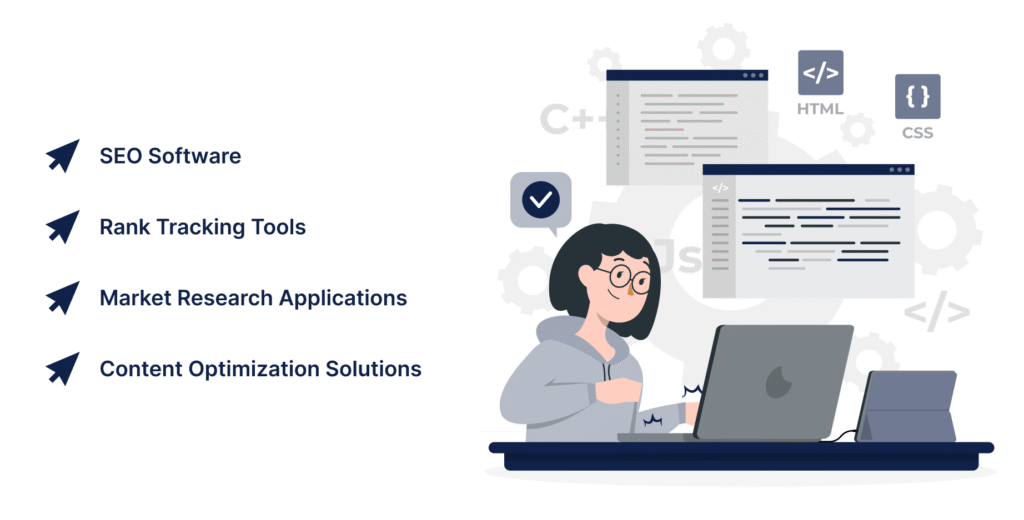
Developers leverage SERP API to create innovative applications and tools, including:
SEO Software: Build comprehensive SEO software that gives users valuable insights into their website’s performance.
Rank Tracking Tools: Develop tools for tracking keyword rankings and search results.
Market Research Applications: Create applications that gather keyword trends, market competition, and user behaviour data.
Content Optimization Solutions: Develop platforms that offer recommendations for improving website content.
3. Digital Marketers:
Digital marketers use SERP API to:
Monitor Online Visibility: Track how their websites perform in search engine results pages.
Content Strategy: Make data-driven decisions for content creation and optimization.
Competitor Benchmarking: Analyze competitors’ online strategies and stay ahead.
Ad Campaigns: Optimize ad campaigns by understanding keyword trends and user behaviour.
4. Businesses:
Businesses, whether large corporations or small startups, can benefit from SERP API by:
Market Research: Gathering data on user preferences, trends, and market competition.
Brand Reputation Management: Monitoring online mentions and reviews to protect and enhance their brand reputation.
Local SEO: Optimizing their online presence for local search results to attract nearby customers.
E-commerce: Managing product listings and pricing based on market demand and competitor data.
5. Content Creators:
Bloggers, content writers, and content creators can use SERP API to:
Keyword Research: Discover relevant keywords for their content to improve visibility.
Content Ideas: Generate content ideas based on popular search queries.
Competitive Analysis: Analyze competing content and identify gaps to fill.
Featured Snippet Optimization: Optimize content to appear in featured snippets, driving more traffic.
6. Researchers:
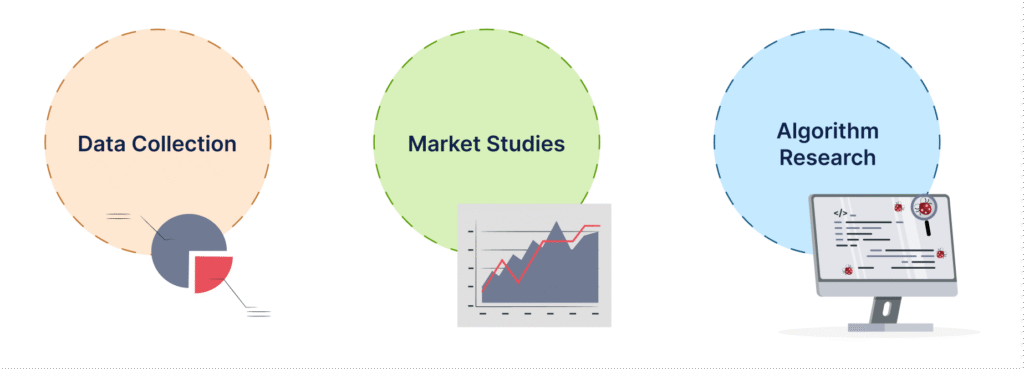
Academic researchers and data analysts can utilize SERP API for:
Data Collection: Gathering data for research projects on online behaviour and trends.
Market Studies: Conduct studies on consumer behaviour and preferences.
Algorithm Research: Analyzing search engine algorithms and their impact on user behaviour.
7. Entertainment Industry:
Professionals in the entertainment industry can use SERP API for:
Movie and TV Show Promotion: Optimize promotions based on search engine data.
Music Releases: Plan music release strategies according to trending keywords.
Event Marketing: Promote concerts and events by analyzing related search trends
8. Agriculture and Farming:
Agricultural professionals can make use of SERP API for:
Crop Management: Monitor weather and agricultural trends to optimize crop management.
Market Analysis: Stay informed about market demand for farm products.
Pest and Disease Control: Detect early signs of pest or disease outbreaks by analyzing search data.
9. Educational Institutions:
Schools, colleges, and universities can benefit from SERP API for:
Student Recruitment: Optimize online content to attract prospective students.
Course Offerings: Align course offerings with student demand by analyzing search trends.
Competitor Benchmarking: Analyze how other educational institutions present themselves online.
10. Real Estate:
Real estate professionals can enhance their strategies using SERP API for:
Property Listings: Optimize property listings based on search trends and user preferences.
Market Analysis: Stay updated on real estate market trends and pricing.
Competitor Monitoring: Analyze how other real estate agencies are performing online.
11. Travel and Hospitality:
Businesses in the travel and hospitality industry can benefit from SERP API for:
Travel Trends: Stay informed about popular travel destinations and trends.
Pricing Strategies: Adjust hotel and flight pricing based on market demand.
User Reviews: Monitor online reviews and feedback to improve services.
12. Healthcare Providers:
Healthcare professionals can use SERP API for:
Patient Education: Share informative medical content based on search trends.
Online Reputation: Manage online reviews and enhance the healthcare facility’s reputation.
Health Awareness Campaigns: Design health awareness campaigns by analyzing user search behaviour.
13. Government Agencies:
Government agencies can make use of SERP API for:
Public Outreach: Gauge public sentiment and concerns by monitoring search queries and results.
Policy Research: Study how search engine trends reflect public interest in various policy matters.
Crisis Management: Stay informed about public responses during crises and emergencies.
Conclusion:
In conclusion, the SERP API’s versatility benefits many users, offering real-time data on keyword rankings, search results, and online trends.
Whether you’re an SEO professional, developer, marketer, business, content creator, or researcher, it provides valuable insights for informed decisions and a competitive edge in the digital world.
Beyond SEO, the SERP API serves various needs, including content recommendation, news aggregation, competitor analysis, market research, content creation, brand monitoring, and local SEO. These SERP API benefits enhance user experiences and competitiveness in the digital landscape.

